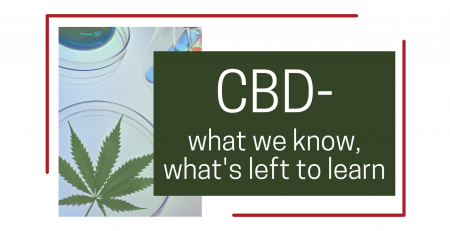What Is Delta 8 and How Is It Different From Delta 9?
Delta-8 is a cannabis compound that has become popular because of its similarity to THC, the main compound in cannabis that gets you high.
The similarities between the two cannabinoids lie in their chemical structures and their names. THC’s scientific name is delta-9-tetrahydrocannabinol, or delta-9 THC, or just delta-9. Delta-8 is short for delta-8-tetrahydrocannabinol, or delta-8 THC. Delta-8 THC can cause effects similar to regular delta-9 THC—but they will be much less potent.
Delta-9 and delta-8 are both forms of THC. In common usage, when people refer to THC they are talking about delta-9 THC. (In this article, when we use the term “THC” without a modifier, we are referring to delta-9 THC.)
Currently, delta-8 can be extracted from either hemp or cannabis. Because of the 2018 farm bill, hemp can be legally grown and used for extractions all over the United States. This makes delta-8 legal in states where delta-9 THC is illegal—sometimes.
Nearly all delta-8 THC on the market today is manufactured from hemp-derived CBD, which makes it, in theory at least, part of a federally legal chain of origin. People in states where THC is illegal crave cannabis products and are now looking to delta-8 because it may be legal in their state, even though it is less potent than regular THC. Many extractors are ramping up delta-8 production to meet this new demand and shipping it all over the US.














Leave a Reply